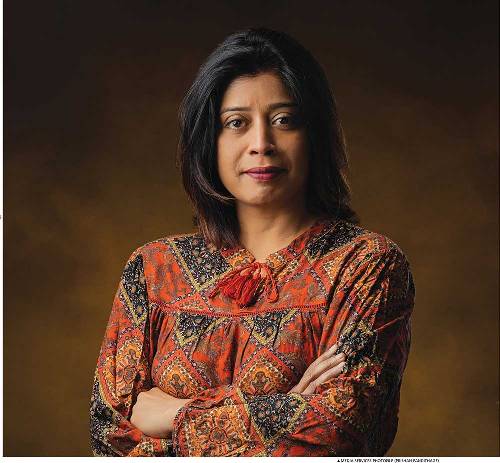 CAIRO – Bringing back bad memories of the Soviet repression, the Tajik parliament has passed a bill that would ban children and adolescents from attending mosques, drawing sharp criticism from Muslim leaders as a crackdown on religious freedom.
CAIRO – Bringing back bad memories of the Soviet repression, the Tajik parliament has passed a bill that would ban children and adolescents from attending mosques, drawing sharp criticism from Muslim leaders as a crackdown on religious freedom.
"It's a black day for Muslims," prominent Muslim theologist Akbar Turadzhonzoda told Times of India on Saturday, June 18.
“Even in Soviet times, such punitive measures and religious persecution did not exist,” he added.
The angry reactions followed the move by the lower house of parliament in the impoverished ex-Soviet republic to pass "parental responsibility" bill last week.
The bill, a brainchild of long-serving President Imomali Rakhmon, made it illegal to allow children to be part of a religious institution not officially sanctioned by the state.
Approved by the lower house, the controversial bill will pass to the upper house of parliament, the senate, which is expected to approve the bill to president Rakhmon to sign into law.
Authorities justified the measure as necessary to curb the spread of fundamentalism in the volatile poor state.
Yet, Muslim leaders attacked the move, noting that it would increase discontent among the majority Muslim population of a nation that fought a civil war in the 1990s in which tens of thousands were killed.
"If the state doesn't want to, the people will defend their faith themselves," Turadzhonzoda, the theologist, added.
Tajikistan is one of the five Central Asian countries of the ex-Soviet Union which won independence in 1991.
Muslims constitute nearly 90 percent of Tajikistan’s 7.2 million population, according to the CIA factbook.
Under the Soviet rule, any sign of religion such as hajj, one of the five pillars of Islam, or performing prayers was punishable.
Stoking Anger
The new measures were also denounced by the country’s Christian minority.
"Churches and Christian organizations are faced with a dilemma," the evangelical group 'River of Life' said in a statement.
“How can we help our parishioners without breaking the law, but continuing to honor our rules?”
The group represents most of Tajikistan's 2,500 Protestants.
The country is also home to another 70,000 ethnic Russians, most of whom are Orthodox Christians.
On claims of fighting radicalism, Tajikistan has been taking many measures to stifle mosque imams and harass worshippers.
Last year, Rakhmon called home students from religious schools abroad and criticized a growing trend for Islamic dress.
The Tajik government also imposed sermons on imams to deliver at mosques on claims of fighting radicalism, publishing a collection of 52 sermons that must be preached during the weekly Friday prayers.
The government also launched a campaign which included the arrest of men with beard and ordering them to shave.
Turadzhonzoda warned that the continued stifling of Muslim worshippers in the volatile poor country would threaten a revolution inspired by the Arab spring.
"You cannot frighten believers with fines, arrest and imprisonment," Turadzhonzoda, who became deputy prime minister after the power-sharing agreement that brought the 1992-1997 civil war to an end, said.
"If discontent grows, it could lead to a stand-off with the government of the likes seen in Tunisia and Egypt."
Post Disclaimer | Support Us
Support Us
The sailanmuslim.com web site entirely supported by individual donors and well wishers. If you regularly visit this site and wish to show your appreciation, or if you wish to see further development of sailanmuslim.com, please donate us
IMPORTANT : All content hosted on sailanmuslim.com is solely for non-commercial purposes and with the permission of original copyright holders. Any other use of the hosted content, such as for financial gain, requires express approval from the copyright owners.
 Sri lanka Muslims Web Portal Sri Lanka Muslims News Center
Sri lanka Muslims Web Portal Sri Lanka Muslims News Center
 Donate
Donate


